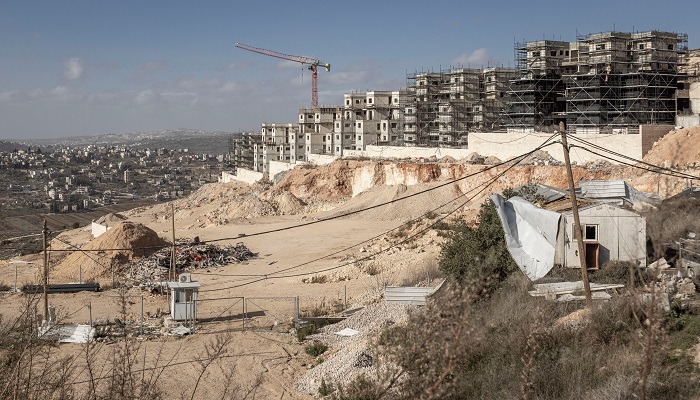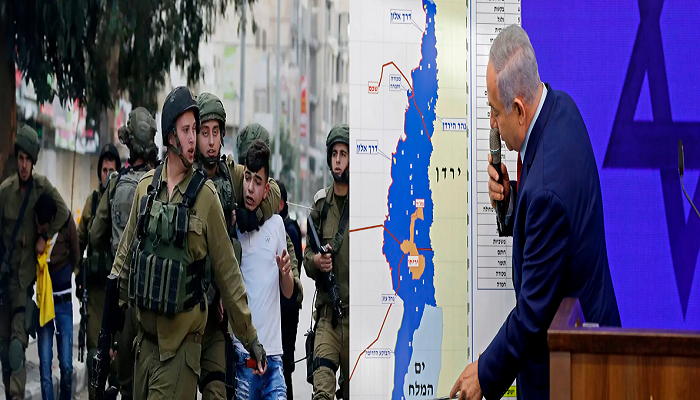In response to growing international recognition of Palestinian statehood, Israel is considering annexing parts of the occupied West Bank, fueling tensions and sparking concerns over regional stability and international law.
Israel is actively considering the annexation of parts of the occupied West Bank in response to growing international moves to recognize Palestinian statehood, according to several Israeli officials.
This potential policy shift comes as countries like France, Australia, Canada, Portugal, and the United Kingdom prepare to formally acknowledge a Palestinian state at the upcoming United Nations General Assembly.
The West Bank, captured by Israel from Jordan during the 1967 Middle East war, remains a focal point of the Israeli-Palestinian conflict. Israel has since established numerous Jewish settlements in the territory, which are widely considered illegal under international law.
Syria Accuses Israel of Seizing Territory Near Mount Hermon Amid Ongoing Tensions
Palestinians claim the West Bank, alongside East Jerusalem and Gaza, as part of a future independent state a stance supported by most of the global community.
Prime Minister Benjamin Netanyahu has discussed the issue with his security cabinet, though no final decision has been reached.
Israeli officials report that several annexation options are on the table, ranging from limited annexation of select Jewish settlements to a more extensive incorporation of Area C, which comprises 60% of the West Bank and is under full Israeli control according to the Oslo Accords.
A prominent proposal gaining traction within Israeli circles is the annexation of the Jordan Valley a strategic strip along the eastern edge of the West Bank.

Advocates argue that controlling the Jordan Valley would enhance Israel’s security and might be more palatable internationally, especially to the United States.
However, some far-right Israeli ministers and settler leaders oppose partial annexation and instead call for a maximalist approach, seeking sovereignty over all territory not inhabited by Palestinians. Such a move could severely jeopardize the possibility of a contiguous Palestinian state and force Israel to consider citizenship rights for nearly 3 million Palestinians residing in the West Bank.
Israel Pounds Gaza City, Expands Strikes to Yemen’s Sanaa Amid Rising Regional Tensions
The prospect of annexation has triggered strong condemnation from Palestinians, who view it as a direct threat to their aspirations for statehood. Many Arab nations and Western countries have also expressed opposition.
Israel’s past annexations of East Jerusalem and the Golan Heights have never gained widespread international recognition, and any new annexation efforts would likely violate multiple United Nations Security Council resolutions, including Resolution 2334, which condemns Israeli settlements in occupied territories as illegal.
While Israeli Foreign Minister Gideon Saar briefed US officials on the annexation plans, it remains unclear where Washington stands on the matter, with no official endorsement yet. The situation is further complicated by internal political divisions within Israel, with debates ongoing over the scale and scope of any annexation.
As Israel faces mounting international criticism over its actions in Gaza and these annexation plans, the coming weeks could see significant developments that will shape the future of the Israeli-Palestinian conflict and regional stability.



